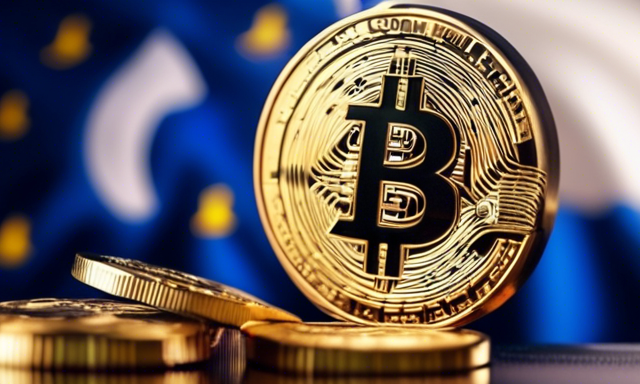El Salvador President’s Bitcoin Experiment Falters: What Went Wrong?
El Salvador President Nayib Bukele, a vocal supporter of Bitcoin, recently acknowledged that his Bitcoin venture has not met expectations. Bukele, who has faced criticism in the past, admitted that the widespread adoption of Bitcoin in his country did not occur as anticipated. In an interview with TIME magazine, Bukele expressed his disappointment that more Salvadorans have not embraced the cryptocurrency.
Bitcoin Adoption Challenges in El Salvador
- Bukele announced in 2021 that Bitcoin would be accepted as legal tender alongside the U.S. dollar in El Salvador.
- Businesses were required to adopt the cryptocurrency if they had the necessary technology to do so.
- Despite initial excitement, many businesses, besides major franchises like McDonald’s, were slow to accept Bitcoin.
Policy Criticisms and Government’s Approach
- The International Monetary Fund (IMF) and U.S. politicians criticized Bukele’s decision to make Bitcoin legal tender in El Salvador.
- Despite facing opposition, Bukele continued to push forward with his pro-Bitcoin policies.
Government’s Bitcoin Holdings and Citizen Incentives
- El Salvador currently holds 5,857.76 BTC worth over $348 million, according to official records.
- The government gave citizens $30 in Bitcoin as a gift in 2021 to encourage adoption and savings.
The Future of Bitcoin in El Salvador
Although Bukele acknowledged that the Bitcoin experiment could have been more successful, he emphasized that there is still room for improvement. Despite the challenges, Bukele remains optimistic about the future of Bitcoin in El Salvador and believes that citizens have the freedom to choose whether or not to use the cryptocurrency.
Hot Take: Evaluating El Salvador’s Bitcoin Experiment
In conclusion, President Bukele’s Bitcoin experiment in El Salvador has faced challenges in achieving widespread adoption. While the initiative has not met all its goals, Bukele remains committed to promoting Bitcoin in the country and believes that there is still potential for growth and improvement in the future.





 By
By
 By
By
 By
By
 By
By
 By
By